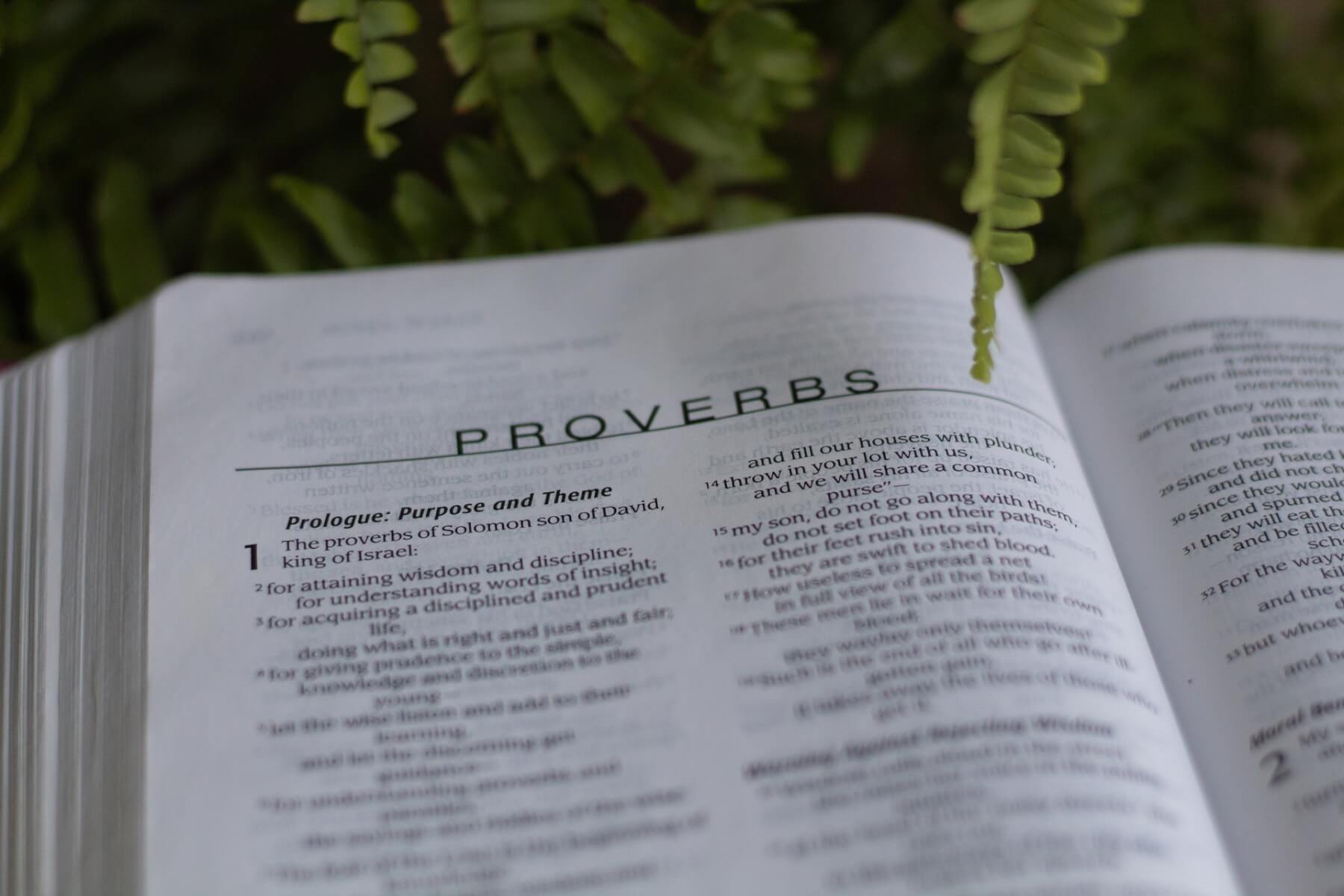Although the Book of Enoch doesn’t appear in various versions of the Christian Bible, it does stand as an exception in the Ethiopian Orthodox church. Initially, I Enoch had been embraced by the Christian Church, only to be excluded later from the Biblical canon. Its remaining allure arises from the intrigue of fringe (and in some instances, heretical) Christian factions like the Manicheans.
Who Was Enoch in the Bible?
Enoch was the son of Jared, making him the great-grandfather of Noah (Genesis 5:18). As we see in Genesis 5:24, Enoch is one of two people in the scriptures not to die – but to be taken up directly by God, rather than dying in the flood unprotected by the size of Noah’s ark. He would have been seven generations after Adam and Eve. He likely spoke the same language as them, and might have been just as tall as them.
We also see Enoch praised in the book of Hebrews in what many call the “Hall of Faith:”
By faith Enoch was taken up so that he should not see death, and he was not found, because God had taken him. Now before he was taken he was commended as having pleased God.
Hebrews 11:5
What is the Book of Enoch?
The Book of Enoch (or I Enoch) is actually a combination of several separate works written between the time of Enoch and all the way up through 137 BC. The book is full of predictions and messianic prophecies. While some have been proven true, much of the book is proven wrong and historically inaccurate, leading Biblical scholars to refer to it as an Apocryphal writing.
Concerns Over the Book of Enoch
So why was the Book of Enoch left out of Old Testament canon? The biggest reason is that scholars doubt its authenticity. Perhaps Enoch did write portions of it, but most scholars believe different sections were changed and added to by other authors throughout time. In fact, some theorize that one section covering astronomy was written in the 2nd century AD by a Jewish Christian who wished to contribute his own thoughts and speculations with the authority of Enoch.
Because of these concerns, no Biblical scholar believes the book was actually written by the Enoch of the scriptures. There’s far too much evidence it had been tampered with and added to – especially in the years leading up to the birth of Jesus.
Are some portions written by Enoch and valid? Possibly. But our church fathers ultimately made the decision to exclude it from canon.
Suggested Resource:
Written By: F.F. Bruce
Canon is the best book on how the Bible came to be. It answers lots of common questions like, "How did the books of the Bible come to be recognized as Holy Scripture?" and "Who decided what shape the Bible should take?"
If you have any questions about why the book of Enoch (or any other book) is or isn't the protestant scriptures, this is the best book to reference.
But Wasn’t Enoch Quoted in Jude?
Many believe Enoch is quoted in the New Testament in Jude:
Enoch, the seventh from Adam, prophesied about them: “See, the Lord is coming with thousands upon thousands of his holy ones…
Jude 1:14
So that would make it inspired scripture, right? Not necessarily. We see Paul quote Epimenides in Titus 1:12, but that doesn’t make it divinely inspired and a candidate for the canon.
Be Wise with the Book of Enoch
Ultimately, the Book of Enoch (or I Enoch) wasn’t included in the Biblical canon due to the belief Enoch himself didn’t author most of the book and that I Enoch wasn’t divinely inspired by God.
I think it’s probably a good idea to be familiar with the book of Enoch. It should give us a really interesting look into the way the Old Testament was interpreted in the years before the arrival of Jesus.
You can actually read it here.
But be careful. Don’t equate it with the Bible – there’s a reason through the sovereignty of God and wisdom of our church fathers that it was left out of canon. It doesn’t belong. So read The Book of Enoch with wisdom and discernment. Approach it more like a novel, and less like an OT book like Daniel.






